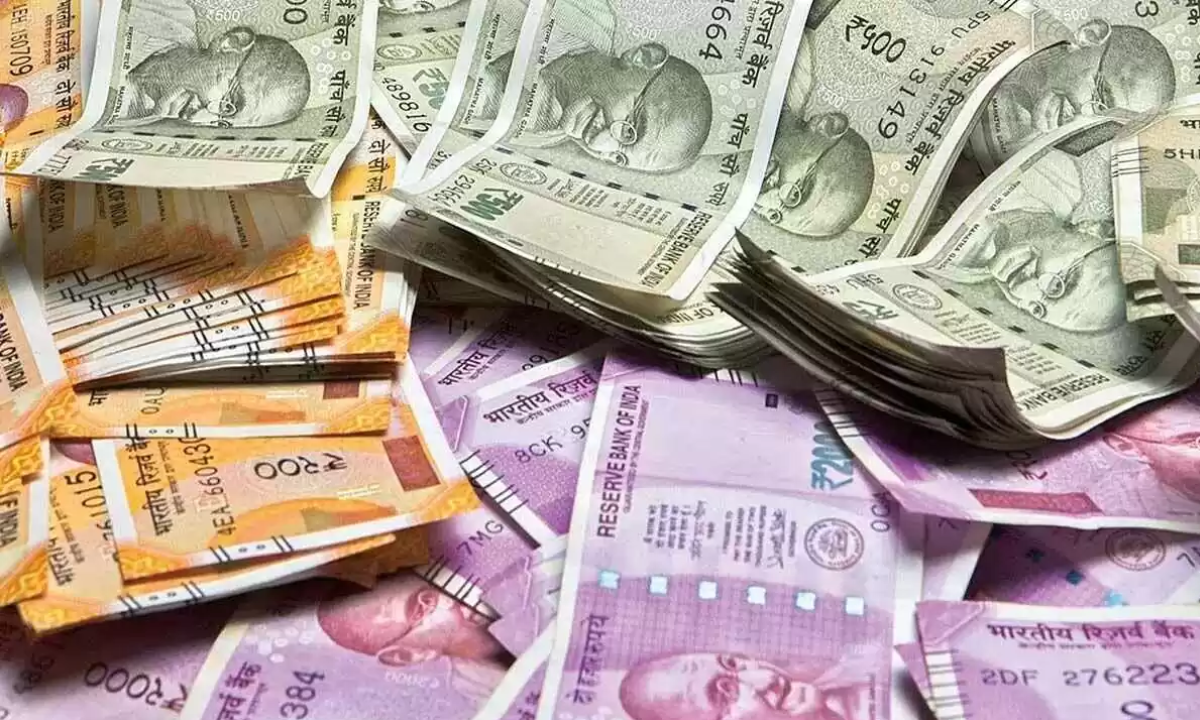CIBIL Score : In today’s world, due to rising inflation and financial needs, many people take loans for buying their own homes, cars, or to meet other financial requirements. Getting a loan from a bank has become much easier these days, but there are some important things to keep in mind when applying for a loan. The most important factor is your CIBIL score. If your credit score is not good, it can be difficult to get a loan. That’s why it’s important to keep your Cibil score healthy because it reflects your financial behavior.
What is a CIBIL Score and Why is it Important?
A CIBIL score is a 3-digit number that ranges from 300 to 900. A score of 900 is considered excellent, while scores between 300 to 549 are considered poor. A score between 550 to 700 is considered average, which means you may qualify for a loan, but for better interest rates, it’s good to improve the score. This score is generated by TransUnion CIBIL, which is one of the four credit bureaus in India.

What CIBIL Score is Needed for a Loan?
If your CIBIL score is above 700, your chances of getting a loan are much higher, and you are likely to get better interest rates. If your score is between 550 to 700, you can still qualify for a loan, but the interest rate might be higher. A score between 300 to 549 makes it difficult to get a loan, and in some cases, you may not qualify at all.
How to Improve a Poor CIBIL Score?
If your CIBIL score is low, there’s no need to worry. There are several ways you can improve it. First, always avoid taking multiple loans at once. Taking multiple loans at the same time can increase your EMI responsibilities, making it harder to repay on time. If you miss payments, it will directly affect your Cibil score. Always pay off one loan before taking another one.
Next, when you need a loan, it’s better to take a long-term loan instead of a short-term one. A short-term loan comes with higher EMIs, which can make it harder to keep up with payments. A long-term loan will have lower EMIs, making it easier to manage payments and, in turn, protecting your Cibil score.
Take a Long-Term Loan
Also, always pay your EMIs on time. If you delay or miss your EMI payments, penalties will be charged, and your CIBIL score will go down. Ensure you never miss any loan installment to avoid a negative impact on your credit score.
Use Your Credit Card Carefully. When using a credit card, be mindful of the credit limit. Your credit utilization ratio impacts your CIBIL score. It’s best to stay within the limit and avoid using more than what’s available. If you do exceed your limit and fail to make payments on time, it will affect your CIBIL score negatively and make it harder to get loans in the future.

Conclusion
Your CIBIL score plays a significant role in securing a loan. It not only reflects your financial health but also affects your loan approval and interest rates. If your score is not great, you can improve it by following the steps mentioned above. Always make timely EMI payments, use credit cards wisely, and avoid taking multiple loans simultaneously.
By maintaining a healthy CIBIL score, you can increase your chances of getting loans with better terms and lower interest rates. Managing your finances properly can ensure that you have a good credit score, which is crucial for getting loans in the future.
Read More
Secure Your Future, ₹3 Lakh Investment in NSC for ₹1.34 Lakh Guaranteed Return
₹5 Lakh in FD, ₹73,500 in Return: Find Out Which Bank Offers This
Is There a Limit on Cash Deposits in a Savings Account? Everything You Need to Know
Dailynews24 App :
Read the latest News of Country, Education, Entertainment, Business Updates, Religion, Cricket, Horoscope Here. Read Daily Breaking News in English and Short Video News Covers.






















